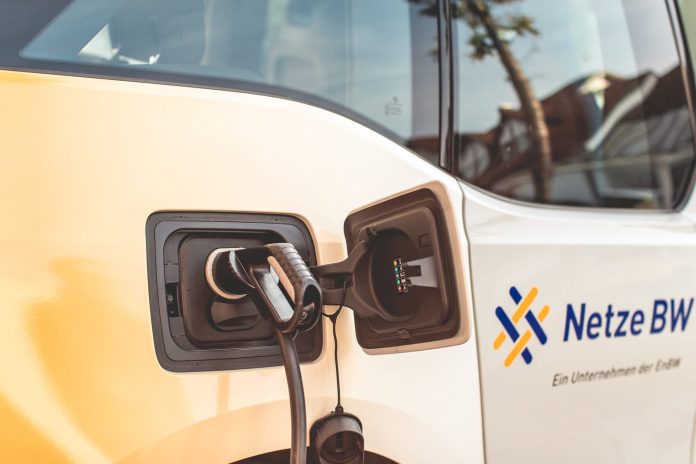French IoT network equipment vendor Kerlink has announced the biggest LoRaWAN deployment in Germany, a major LoRaWAN initiative around retail analytics, and pioneering work to help with water management for refugees in Africa and Asia.
The firm has joined with German IoT system integrator ZENNER International on the single largest LoRaWAN network deployment in Germany, for utility distributor operator Netze BW. The new setup includes 3,000 LoRaWAN gateways, from Kerlink.
It was deployed by ZENNER subsidiary ZENNER IoT Solutions. Netze BW, the largest distributor of electricity, gas, and water in Baden-Württemberg, Germany’s third-largest state, will operate and maintain the LoRaWAN network by itself.
Hamburg-based ZENNER is focused on the digitalization of the energy and water supply industries. Via a joint venture in the utility market with energy management company Minol Messtechnik, it also operates the biggest LoRaWAN network in Germany.
Minol-ZENNER Group’s LoRaWAN network comprises over 6,000 IoT gateways, and supports over 800,000 measuring devices and sensors.
Kerlink offers LoRaWAN network equipment, core network software, operations and management software, and value-added applications. It has around 120,000 installations in 69 countries “in all the primary IoT verticals”, it said.
Gerald Troppenz, business development manager at ZENNER IoT Solutions, said: “This major deployment demonstrates the scalability, flexibility, and robustness of LoRaWAN networks. Kerlink’s flexible configurations [made] its carrier-grade hardware compatible with our ELEMENT-IoT platform – a comprehensive middleware for device, network, data, and user management.”
Etienne Ghidossi, key account manager at Kerlink, commented: “This partnership is an important expansion of Kerlink’s business in Germany and demonstrates the best-in-class quality of our products for industrial-grade private IoT networks. Kerlink offers carrier-grade gateways designed for enhanced radio performance, especially in ultra-dense 3G/4G cellular settings, such as urban areas.”
Meanwhile, Kerlink has announced a deal with retail-analytics company Smart Traffik to build a LoRaWAN system for retail outlets to create personalized shopper experiences and build brand loyalty by enhancing in-store visits and point-of-sale.
The system uses Kerlink’s Wirnet gateways and Wanesy management platform. Data goes into Smart Traffik’s data analytics solution. The pair have also built a Wi-Fi tracking anchor to anonymouslycollect shoppers’ smartphone signals. The system then records their journeys in stores, including time spent at specific displays or in various sections.
Its combination with other data provides store owners and managers with valuable retail intelligence, which can be used to increase foot traffic and sales, as well as measure effectiveness of marketing campaigns.
Laurent Simonin, chief executive at Smart Traffik, said: “Three out of four shoppers like it when they receive product offers or promotions based on their purchasing history from a retailer, indicating a desire for a more-personalized shopping experience. This new retail-analytics solution designed and built with Kerlink will empower retailers to get the smart data they need to better engage with their customers.”
As well, Kerlink has been involved in the rollout of LoRaWAN networks in Uganda and Iraq for reservoir monitoring as part of a pilot programme by the UN Refugee Agency (UNHCR), charged with providing water to refugees worldwide.
The initial Arua Field effort in Uganda has seen LoRaWAN sensors installed at reservoirs to monitor water levels in real time, managing water supply to as many as 470,000 refugees. The Arua Field pilot started in January 2019. Kerlink gateways have been used.
The sensors also provide a coordinated payment infrastructure for around 630 rental tanker trucks that are hauling water from the reservoirs. The initiative has since been expanded to eight new territories, including Kenya, Rwanda, Tanzania and Bangladesh.
The setup will also be replicated for monitoring of groundwater, water-supply systems, water quality, waste collection, and air quality. Ryan Schweitzer at the UNHCR commented: “LoRaWAN is mature, extremely cost effective and scalable. The static reservoir-monitoring technology works extremely well.”

